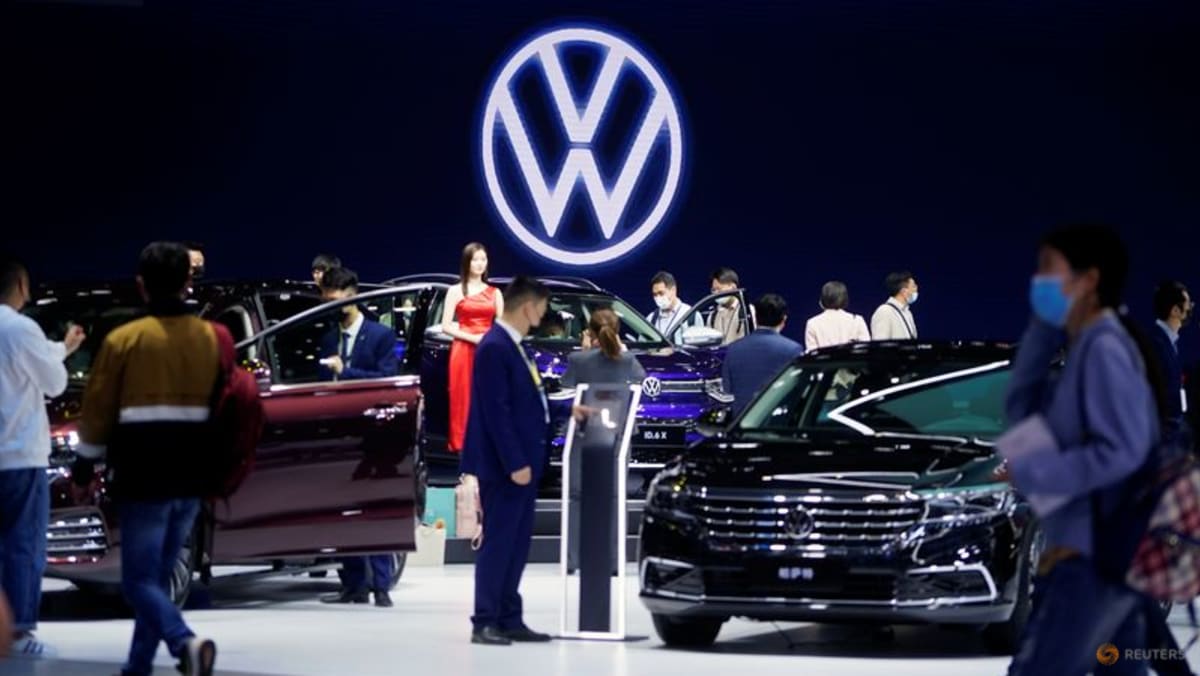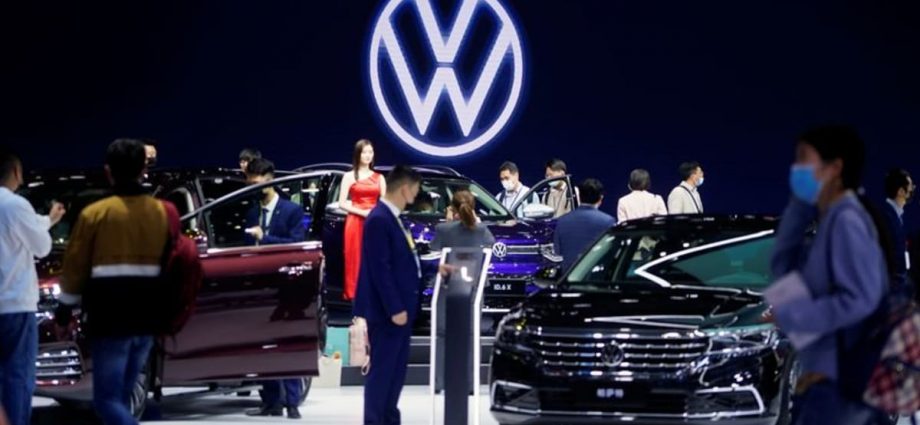
REPUTATIONAL RISK
Volkswagen says it has never found evidence of forced labour among its Xinjiang workforce and its presence is positive for the local population. It denied maintaining the plant was a condition imposed by Beijing to keep producing across China.
The carmaker was initially praised for setting up the plant, chief lobbyist Thomas Steg said, comparing the goal of building infrastructure and boosting living conditions to Germany’s reunification.
But the atmosphere shifted after numerous deadly attacks in Xinjiang and elsewhere between 2009-2014 which the Chinese government blamed on militants from the region, leading to a “significantly more repressive approach”, he said.
However, with Volkswagen seeking new contractual partners worldwide – partly to diversify its business from the Chinese market – breaking the agreement with SAIC to keep the plant until at least 2030 was out of the question.
Still, Ingo Speich, head of sustainability and corporate governance at top-20 Volkswagen investor Deka Investment, said the reputational risk of retaining the plant could affect the carmaker’s share price.
Already, some funds were shifting their portfolios to exclude Volkswagen shares after index provider MSCI issued a warning on its environmental, social and governance rating for the carmaker because of the plant in November.
“VW is stuck in a situation of reputational risk in Xinjiang,” Speich said.

